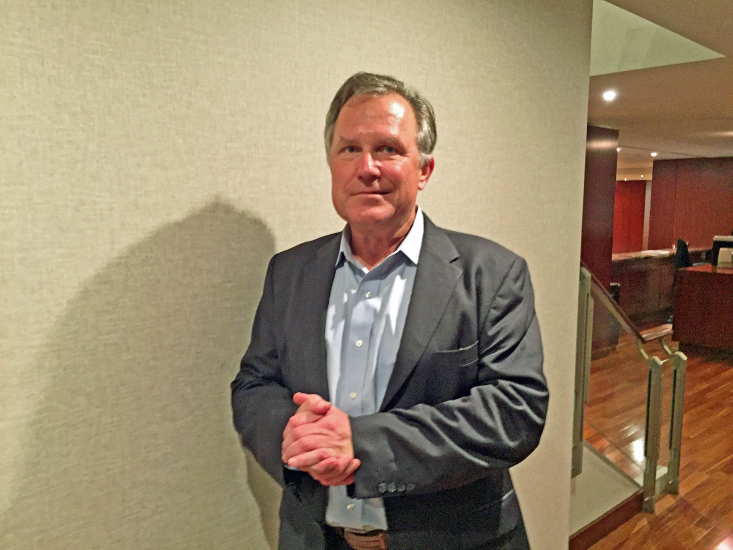Now that a Trump administration is a sure thing, what should advisers plan to change in their practices? How should they guide their clients?
Read on for the most insightful, even surprising takes from industry experts. -- Editorial Staff






During first-quarter earnings calls, top executives of mega firms like Goldman Sachs, Morgan Stanley and Citigroup talked about how they're testing AI and high-tech tools.
Experts from the Fed, Intuit and the Urban-Brookings Tax Policy Center explored ideas for more effective ways to advance the goals of the mortgage interest deduction.
Romantic partners usually agree on their broad retirement goals, a new Ameriprise study shows. But the consensus breaks down over smaller questions.
The Providence, Rhode Island, company is having discussions with private wealth management teams elsewhere as it seeks to expand its fledgling private bank. In just three months, private banking deposits doubled to $2.4 billion.
A therapist in New York still has $50,000 in student loans. Can President Biden's new policy bring her relief?
The wealth program at Kinecta Federal Credit Union is changing brokerage, RIA and custodian as the industry fights for recruits of all sizes in the channel.